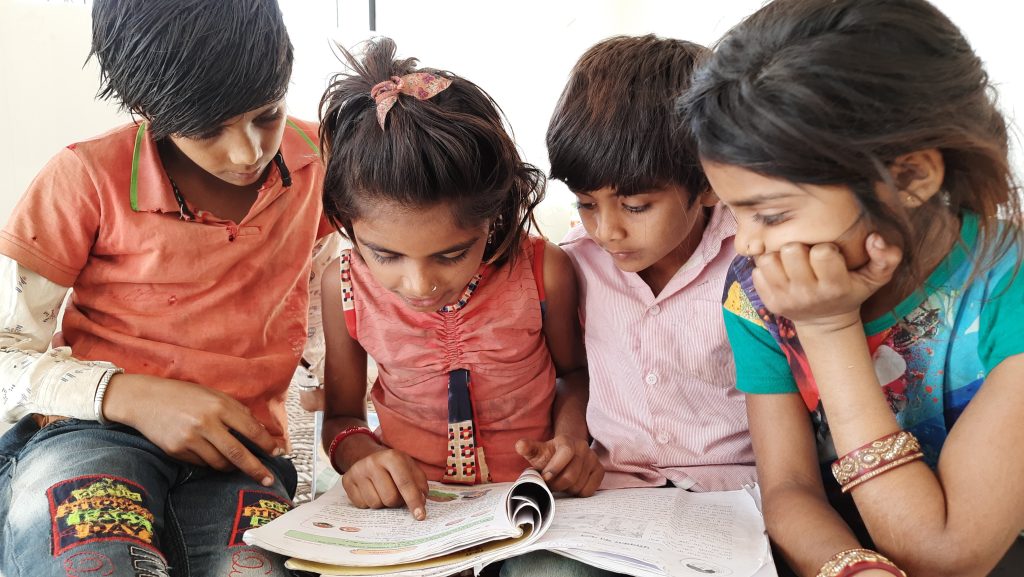The key to decolonising philanthropy is to build authentic partnerships with communities
At Forbes Marshall, since the late 1960s – from the time of the foundation of our factories – we have lived the philosophy of being a meaningful contributing member of the society and community we are part of. Our Theory of Change further emphasises our overarching goal: to foster equity, inclusion and well-being by catalysing resources and building meaningful partnerships. We do this in two ways, by increased awareness, access and agency among the communities we work with and by fostering growth in just and equitable action, leading to positive and sustainable systemic change in the social sector.
Our approach is to work together with local stakeholders to understand the needs and challenges they themselves articulate. Together, we look at how a particular intervention will enhance the quality of lives in small or other ways; how impact will be understood, what have been challenges in the past, whether the intervention is innovative, whether local leadership will play a key role in making change happen; and finally and importantly, the factors that will help the intervention be a sustainable one.
 The Forbes Foundation-supported Learning Companions Initiative works to improve the learning experiences of children in India. Credit: Learning Companions.
The Forbes Foundation-supported Learning Companions Initiative works to improve the learning experiences of children in India. Credit: Learning Companions.
Subscribe now from only £45 a year!
This article is only available for our subscribers
Existing users can login here






